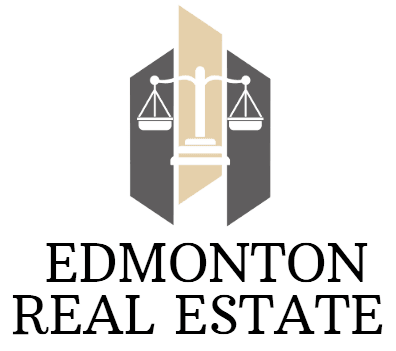Zoning regulations play a pivotal role in shaping the urban and rural landscapes by guiding the use, density, and development of land within a jurisdiction. These regulations are established by local governments to ensure that land is utilized in a manner that aligns with the community’s goals, safety standards, and environmental considerations. Property developers must navigate zoning regulations to ensure legal compliance and successful project execution. In this article, we will explore the significance of zoning regulations in property development and how adherence to these regulations is essential for both developers and the community.
Understanding Zoning Regulations

Zoning regulations divide land into distinct zones, each with specific permitted uses, building heights, setbacks, and other requirements. The purpose of these regulations is to promote organized and sustainable development while preventing incompatible land uses and safeguarding the well-being of residents and businesses. Zoning categories commonly include residential, commercial, industrial, and mixed-use zones, each designed to accommodate different types of activities.
Legal Compliance in Property Development
Property developers must adhere to zoning regulations to secure the necessary permits for their projects. Failure to comply with these regulations can result in delays, fines, or even the cessation of development activities. Legal compliance with zoning regulations offers several benefits:
- Avoiding Penalties and Delays: Non-compliance with zoning regulations can lead to fines and project delays. Ensuring that development plans align with zoning requirements helps prevent costly setbacks.
- Enhancing Community Harmony: Zoning regulations aim to create harmonious neighborhoods by ensuring that developments are compatible with the existing character of the area. Adhering to these regulations promotes community well-being.
- Protecting Property Values: Zoning regulations help maintain property values by preventing the construction of incompatible or undesirable structures near residential areas. Property developers who adhere to these regulations contribute to the stability of property values.
- Minimizing Environmental Impact: Zoning regulations often include provisions to protect natural resources, green spaces, and sensitive areas. Complying with these regulations contributes to sustainable development and minimizes environmental impact.
- Streamlining Approval Processes: Municipalities typically review and approve development proposals based on their compliance with zoning regulations. Developers who adhere to these regulations are more likely to receive timely approvals.
Navigating Zoning Variance and Exceptions

In some cases, developers may seek variances or exceptions to zoning regulations due to unique project requirements. Zoning variances allow deviations from specific regulations, while exceptions grant permission for uses that are not typically permitted in a particular zone. Obtaining variances or exceptions involves a formal process that requires demonstrating that the proposed deviation aligns with the broader goals of the community and does not negatively impact neighboring properties.
Role of Real Estate Lawyers
Real estate lawyers play a critical role in helping property developers navigate zoning regulations. They can provide legal guidance on zoning codes, review development plans for compliance, and assist in obtaining necessary permits. Lawyers also advocate on behalf of developers during zoning hearings, presenting arguments and evidence to support requests for variances or exceptions.
Conclusion
Zoning regulations are a cornerstone of responsible urban planning and property development. Adhering to these regulations is crucial for property developers to secure permits, avoid legal complications, and contribute to the overall well-being of the community. Developers who understand and respect zoning regulations demonstrate their commitment to responsible development practices and contribute to the creation of vibrant and sustainable neighborhoods.
